8+ SAMPLE HR Consulting Business Plan
-
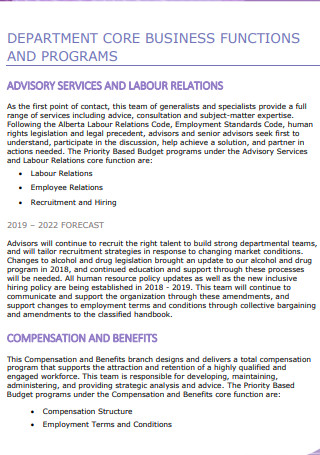
HR Consulting Business Plan
download now -
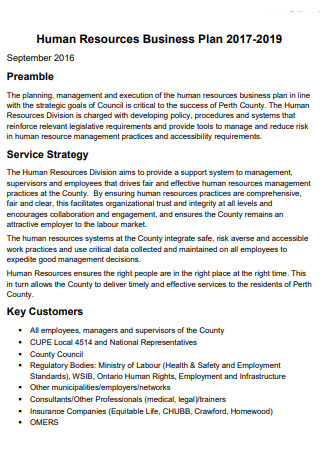
Human Resources Business Plan
download now -
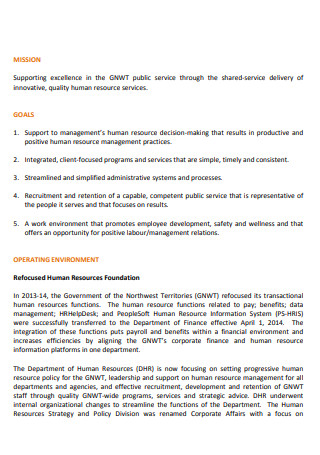
Human Resource Consulting Business Plan
download now -
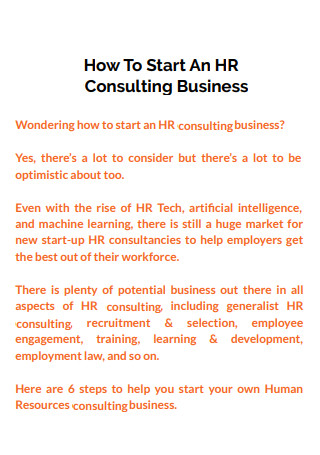
HR Consulting Business Plan Overview
download now -
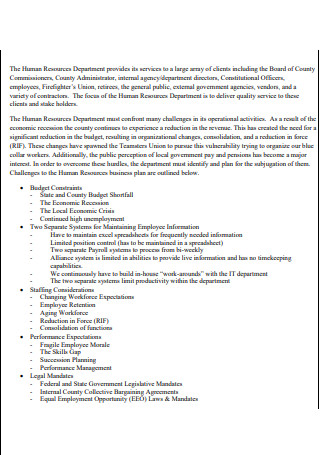
Strategic HR Consulting Business Plan
download now -
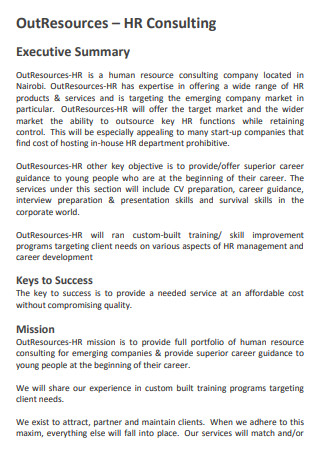
Human Resource Consulting Business Plan Template
download now -
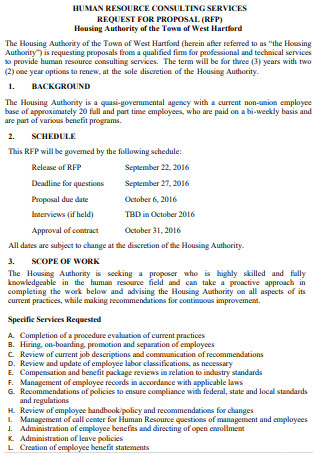
HR Consulting Service Business Plan
download now -
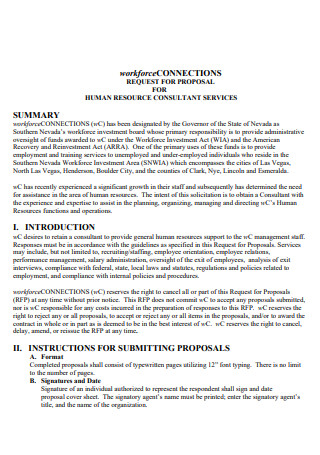
Basic HR Consulting Business Plan
download now -
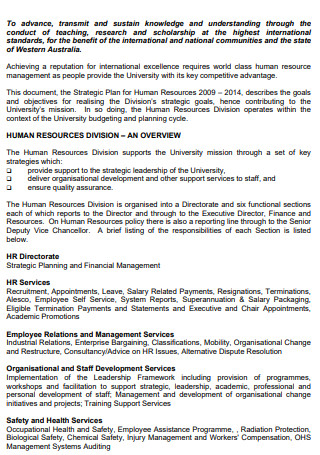
General HR Consulting Business Plan
download now
FREE HR Consulting Business Plan s to Download
8+ SAMPLE HR Consulting Business Plan
What Is an HR Consulting Business Plan?
Components of an HR Consulting Business Plan
How To Start an HR Consulting Business
FAQs
How do you become an HR consultant?
How much do you charge for HR consultations?
What does an HR consulting company do?
What Is an HR Consulting Business Plan?
An HR consulting business plan is a document that contains an outline detailing the HR consulting business. The business plan provides a snapshot of the HR consulting business where it stands at the present while laying out the growth and development of the firm through a five-year plan. It also explains the goal statement of the business and the corresponding business strategies to achieve them. The HR consulting plan also details market research analysis to support the business plan. If management is looking to expand their business or a person wishes to start their HR consulting business, there must be a clear and comprehensive business plan. The document helps to raise funds and plan out the development of the HR consulting firm to increase the chances of success in the future. The HR consulting plan serves as an active document that management needs to update annually with the growth and changes that the business goes through. As such, the HR consulting business plan contains necessary procedures and information that contributes to the success of the business.
According to the information from IBISWorld regarding the HR consulting industry in the United States, the market size of the HR consulting industry by revenue amounts to 24.6 billion US dollars in 2022. Meanwhile, the market size of the overall HR consulting industry has a projection rate of 2.6 percent in 2022.
Components of an HR Consulting Business Plan
Whether a person plans to start their HR consulting business or expand their current firm, there must be a comprehensive and plausible plan to implement it. The contents and length of an HR consulting business plan vary depending on the size of the company. However, some elements must always be present in an HR consulting business plan to ensure the success of a business. The section below details the necessary components of an HR consulting business plan with their definitions for better understanding.
How To Start an HR Consulting Business
Starting a business is always a difficult task to begin. However, with the right guidance from well-informed individuals, you can establish and make an organization grow and develop into a success. The section below contains a helpful guide to help you establish and begin the journey of an HR consulting business.
-
1. Determine the Preferred Style of Business
Before starting the business, you must first establish what you want to accomplish and how you are going to accomplish it. Most of the time, people tackle the field of human resources for the wrong reasons. Many HR practitioners and professionals commit themselves to care about other people, resolving issues to preserve relationships, and exemplifying positive character traits. Make sure to focus and care about people over policies and procedures, focus on present realities, understand the businesses you support, simplify things, and focus on what matters most to drive the business forward.
-
2. Create an HR Consulting Business Plan
Develop a plan that outlines significant information about the consulting business. A clear plan sets to establish the business by ensuring that each essential component undergoes consideration and effective development. The business plan for an HR consulting firm considers various facets of human resources management, including the area of specialization, target market, underlying costs, and the number of employees to join the company. Utilize a digital platform when writing the business plan enabling you to share the plan easily, especially when meeting with shareholders, clients, and investors.
-
3. Plan the Possible Cash Flow Statement
Consulting, in general, involves lucrative work. Setting up your very own HR consulting business, you have a wide range of recurring costs and expenses. From the day the firm starts its operations, prospecting for clients, pitching services, and marketing projects will cause you to spend on resources. Cash flow statements allow you to monitor spending that helps you to save money, line up three to six months’ worth of work, entry-level services for quick turnaround, and cash invoicing.
-
4. Start Building Connections in the Industry
Knowing that income will come at a later time, it is best to establish a referral network before launching the consulting business. Create a referral list, including family, friends, college classmates, former colleagues, clients, and suppliers. Get in touch with multiple people and reconnect with them, sharing your plans for the agency and asking them for help or support.
-
5. Develop a Sales and Marketing Plan for the Startup
There are different channels you can utilize to market or advertise the business. You can start with using SEO marketing, content marketing, publicity or PR events, social media marketing advertisements, offline advertising, viral marketing, business partnerships, referral programs and affiliations, trade shows, offline events, and community building. Choose two to three different methods to advertise your business, with one providing immediate results and the other long-term.
-
6. Begin To Build Business Presence Online
Create a social media presence by starting with business-focused social media platforms, showcasing the expertise and services the business provides. Starting a company, a newsletter email mailing list, and an industry blog to build contacts, develop future business content, selling advertising spaces for traffic is advantageous for startup businesses.
FAQs
How do you become an HR consultant?
When planning a career path as an HR consultant, assess your motivations, layout the groundwork, build a strong client base, carve a niche, and develop your online presence. Most importantly, find a reliable and knowledgeable mentor to guide your journey.
How much do you charge for HR consultations?
According to Indeed, human resource consultants have a salary pay of 36.38 US dollars per hour.
What does an HR consulting company do?
HR consulting companies and HR consultants create employment programs and help the HR team of a company to execute job plans. They are also responsible for conducting research and survey plans to identify organizational issues, provide insights to handle employees and management, assess compliance with laws and regulations, and establish efficient human resource techniques and practices.
Starting a new company or business proves to be difficult without the appropriate knowledge and resources, and it also applies to starting an HR consulting business. Before establishing the business or setting up the business, setting up plans on how to operate and how to reach goals must be the first step. Creating business plans guarantees that the individual gains profit instead of suffering from losses, while keeping their clients happy. Develop an HR consulting business plan for your startup by downloading from 8+ SAMPLE HR Consulting Business Plan in PDF, only from Sample.net.
